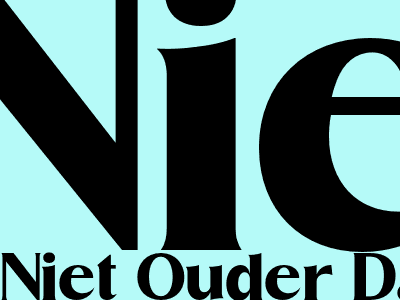"Niet Ouder Dan Een Kuiken" Guide: A Comprehensive Overview of The Dutch Phrase
Introduction
The Dutch phrase "niet ouder dan een kuiken" literally translates to "not older than a chick." It is a common expression used to describe something or someone that is very young, inexperienced, or immature. This article will provide an in-depth overview of the phrase "niet ouder dan een kuiken," including its meaning, origin, and usage.
Meaning of "Niet Ouder Dan Een Kuiken"
The phrase "niet ouder dan een kuiken" is typically used to describe a person who is young and inexperienced. It can also be used to describe something that is new or has not yet been fully developed.
For example, you might say that a new employee is "niet ouder dan een kuiken" because they are new to the job and do not have much experience. You might also say that a new product is "niet ouder dan een kuiken" because it has not yet been fully developed and tested.
Origin of "Niet Ouder Dan Een Kuiken"
The phrase "niet ouder dan een kuiken" is thought to have originated in the 16th century. It is believed that the phrase was first used to describe young children who were not yet old enough to walk or talk.
Over time, the phrase began to be used to describe people of all ages who were considered to be young and inexperienced. Today, the phrase is still commonly used to describe people who are new to a job, a school, or a social group.
Usage of "Niet Ouder Dan Een Kuiken"
The phrase "niet ouder dan een kuiken" can be used in a variety of contexts. It is often used in a playful or humorous way to describe someone who is young and inexperienced.
However, the phrase can also be used in a more serious way to describe someone who is not yet ready for a particular job or task. For example, you might say that a young doctor is "niet ouder dan een kuiken" if you believe that they are not yet experienced enough to perform certain surgeries.
Conclusion
The phrase "niet ouder dan een kuiken" is a common Dutch expression that is used to describe someone or something that is young and inexperienced. The phrase has been used for centuries and is still commonly used today in both a playful and serious way.

تعليقات